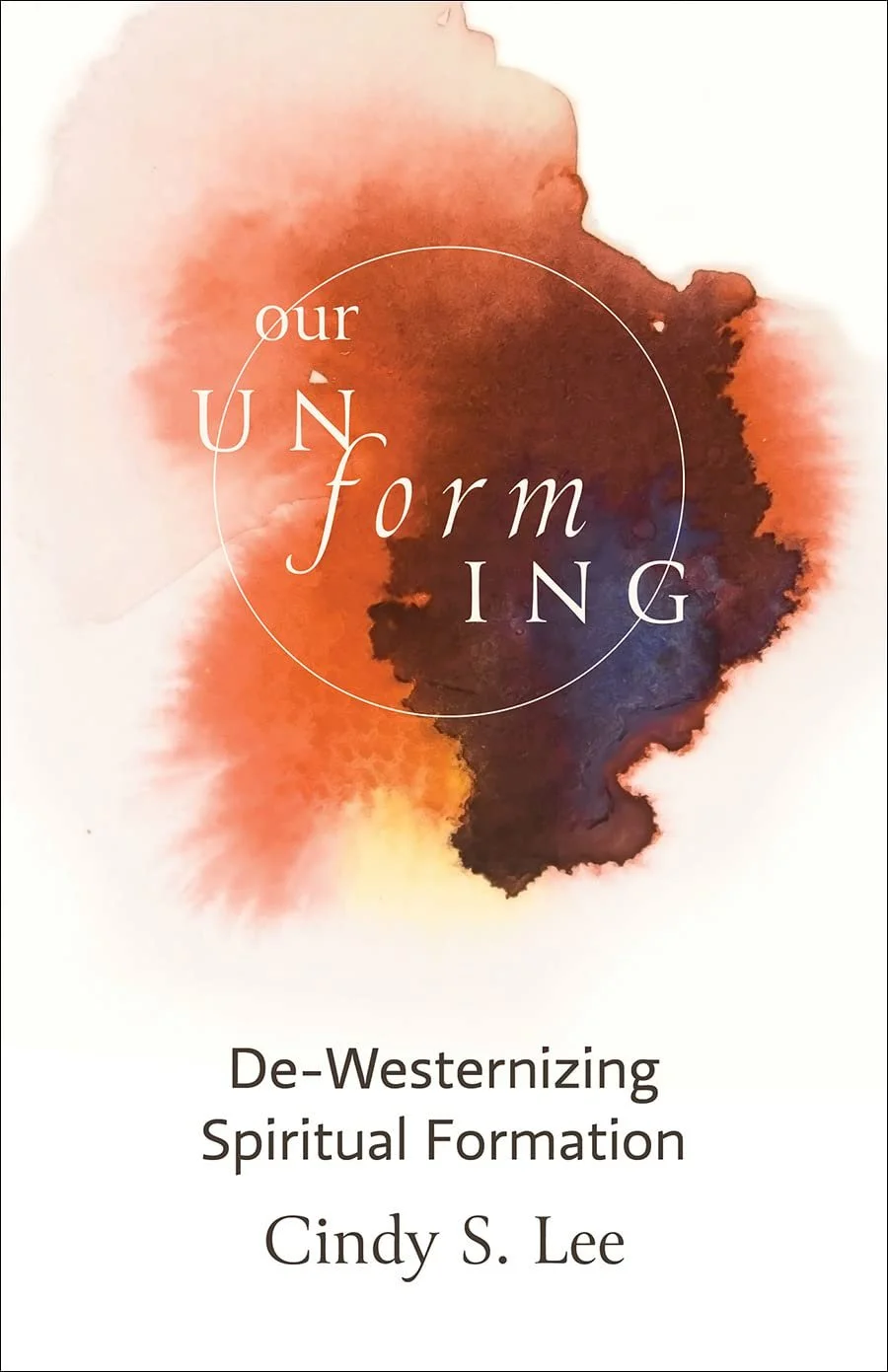Preaching Trees
Erin Dooley serves as co-founder of BLK South. With over twenty years of experience in nonprofit leadership, pastoral ministry, and strategic communications, Erin has worked extensively in faith-based and community-driven initiatives. Currently pursuing a Master of Community Leadership at Eden Theological Seminary (graduating spring 2026), she is a scholar in the making, passionate about the intersection of theology, human behavior, and social transformation. Erin’s work focuses on creating spaces that cultivate healing, belonging, and liberation, particularly for historically marginalized communities. Learn More
You ever get sick of traveling? I never thought I’d feel that way, but after our twentieth trip this year, I think I’m ready to sit down somewhere 🤪. Right now, I write to you from West Cornwall, Connecticut, where I’m tucked into a BIPOC contemplative retreat. Here, we’ve been sitting in silence, and my choice of contemplation has been the wisdom of Black theologians and scholars like Howard Thurman and Rev. Renita J. Weems, Ph.D. — and from poets, preachers, and teachers who are cultivating a contemplative prayer life as people of color.
Howard Thurman once wrote, “I had the sense that all things, the sand, the sea, the stars, the night, and I were one lung through which all of life was breathing. Not only was I aware of a vast rhythm enveloping all, but I as a part of that rhythm. And the rhythm was a part of me.” (Mysticism and Social Change, 1978).
And Renita Weems, reflecting on the tensions of work, motherhood, and spirituality, observes: “Motherhood helps to teach her that silence is not the absence of God, but a season in the journey. God can be found amid the dishes and screaming toddler. The shift in spirituality may be a loss, but Weems does not describe it as a sacrifice. It is a move from silence and solitariness to relationality and community.” (Monica A. Coleman, “Sacrifice, Surrogacy and Salvation: Womanist Reflections on Motherhood and Work,” Black Theology: An International Journal 12, no. 3 [2014]: 207).
Two very particular quotes — one reminding me how nature teaches me to find solace and how silence can help me practice peace, the other pulling me back to my own story: raising white folks’ children, giving away my motherliness so that a white woman could build her career, and now, in this present moment, going back and forth on why I sometimes want to be a parent and other times do not — because in some ways, I have already mothered.
Kendall and I have been in so many places this year, but this retreat feels like an old friend you’ve been waiting to spend more time with. I am in awe. This place, these people, carry awe like water in their hands. And the trees—the trees have been preaching.
On Wednesdays and Fridays, a few of our neighbors walk to North Carolina Central University to exercise on the track for an hour before the day begins. It’s a rhythm of connection, of checking in, of moving our bodies together. And around that track are tall trees, old trees, trees that feel like they have been through a storm or two. And lately, this season feels like a storm. Stress piled on stress, paychecks uncertain, prayers for provision, questions about whether God will come through again, even though God has come through before. The weight of it all feels unending…sometimes unforming.
As I walked the track, I asked the trees, What can you teach me about my life? And the trees whispered back: Wait it out, baby. We’ve been here a long time. The seasons will change. Stay rooted. Wait it out.
I know I am not alone in this stress. Our community feels it too—the weight of housing, of bills, of survival under a violent government, of raising children, of keeping our minds whole.
A Taiwanese-American spiritual director and aspiring mystic, Cindy S. Lee, writes in her book Our Unforming: De-Westernizing Spiritual Formation—which I’m currently reading for seminary—that colonialism has colonized the way we learn, teaching us to sit in rows, to think in boxes, to forget that creation is always teaching if we would only listen. So I have been listening. Asking the trees, What do you have to teach me today? Not on schedule, not in rhythm, but whenever I find myself near them, I ask. Another day, as I was running on the track, I heard the trees again: All you need to survive is already around you.
Trees are ecosystem engineers. They survive by turning sunlight into food, by letting the storm press its roots deeper, by dropping what it cannot keep and holding close the water it needs to endure. Its survival follows a rhythm—cycles, ebb and flow, holding on and letting go. And in surviving, the tree provides: for ants, birds, insects, for us—shade, fruit, beauty. Even the falling leaves become nutrients for the soil, feeding the very roots that will stand another season.
When I co-pastored at Kaleo Phoenix with Chris Townley, we often ended sermons with a question: Let’s let Jesus have the last word. Lord Jesus, what do you want us to know? What do you want us to do? And now, in this season, among these majestic trees, I find myself asking them too: What do you want us to know? What do you want us to do? Perhaps the trees—perhaps creation itself—are God’s sermon for us now, teaching us how to survive so that all might flourish and live in harmony with one another.
Reflection Questions:
What lessons might creation be whispering to you in this season of your life?
Where have you experienced a sense of the sacred—not in silence, but in the noise and rhythms of everyday living?






